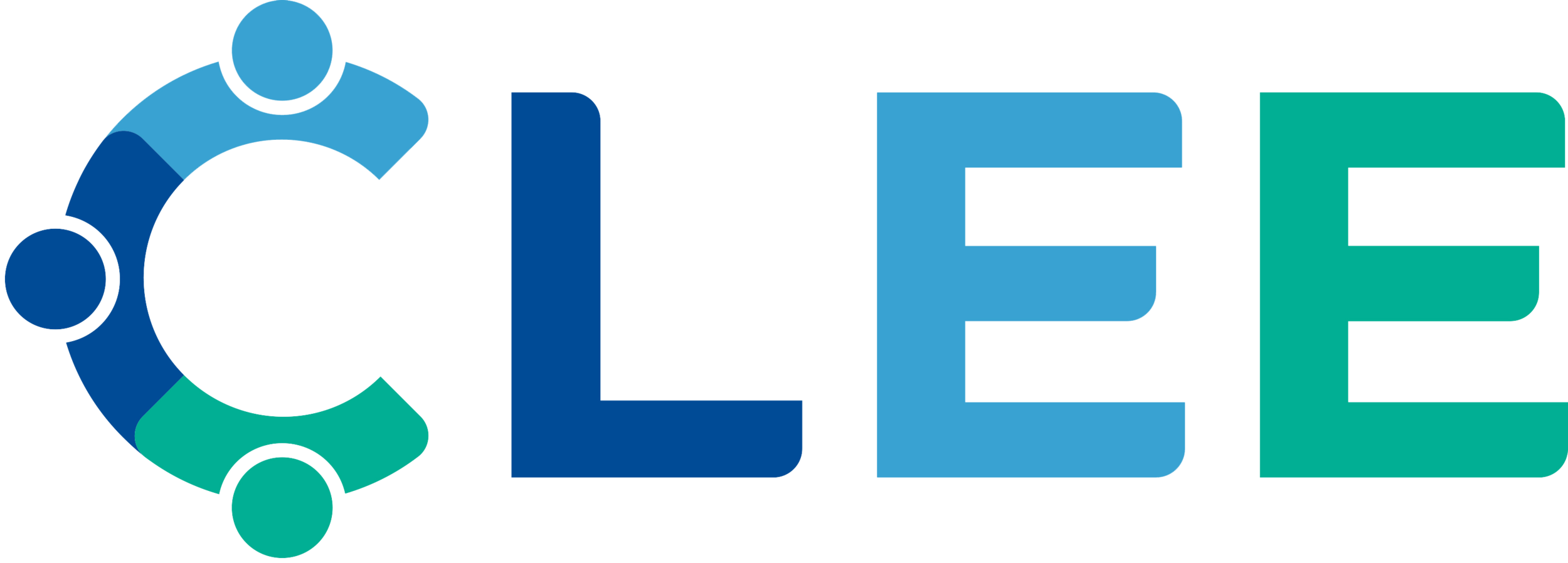Lead for Equity Blog: Dive deeper with Annajane Yolken as she discusses this year's annual Data for Black Lives Conference
In January I had the privilege of attending the second annual Data for Black Lives conference in Cambridge MA. “Data for Black Lives is a group of activists, organizers, and mathematicians committed to the mission of using data science to create concrete and measurable change in the lives of Black people.”
I had learned of the conference last year, after I watched one of the conference talks online. This talk articulated some of the questions that were beginning to gnaw at me as a “data person”: If data is “objective” how do we account for the bias and oppression embedded within our world (and thus also our data systems)? Does repeating data about racial inequities just reinforce bias, rather than call people to action? (Quick answer: yes). How do we embed history into our understanding of data and the world the data describe?
This year’s conference was stunning in its ability to work at the intersection of data, racial justice, and ethics to not only unpack and criticize the role of data and technology in our society, but also to imagine a world where data is tool for liberation rather than oppression. Furthermore, the brilliance of the people in the room and the power of the network was palpable.
The topics at this year’s conference ranged from: how facial recognition software is utilized by police (and whose faces the software can recognize), educational justice and how school systems fail Black students in mathematics, and reparations in the age of automation. If you are interested in seeing any of the presentations from the conference, you can watch them on YouTube here. I hope that you will consider listening and learning from the presenters.
I’ve been thinking about how to bring these concepts to my work at CLEE, and more generally how to be the most responsible White data analyst I can be. One key takeaway is that being the role of the data person is a huge responsibility, and it is my job to uphold this. Furthermore, while I work (with the fantastic CLEE team) to support schools in looking at data, it is so important to humanize data, while also questioning the core parameters of what the data show and where the data come from. Finally, context and history is important to get at the deeper “why” behind the data. I am grateful to work at CLEE where activities like the “Root Cause Analysis” and data protocols are embedded in the work, and know that we can continue to grow and evolve this practice.
At CLEE, we are committed to deepening our own practices and our partnerships with schools to unroot the ways data has been a tool to further inequities and use it as a tool for justice and liberation. We know we have plenty to learn on this journey and look forward to walking this road with you all.
And if you want to talk further about this, I’d love to connect. Please email me at annajaneyolken@clee-ri.org

